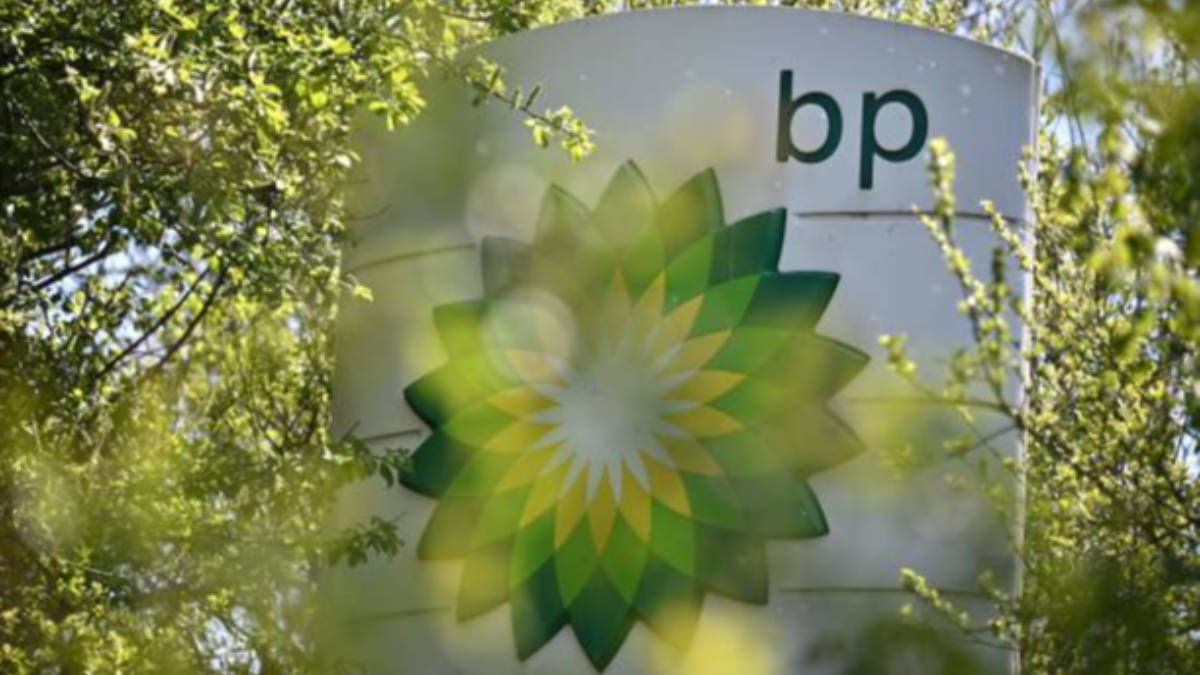ASX Renewable Energy Stocks: BP wants to recycle plastics into fuel

Pic: BEN STANSALL/AFP via Getty Images
- BP signs 10 year offtake agreement with renewable and alternative energy company Clean Planet Energy
- BP is also rumoured to announce a 30pc stake in the major Asian Renewable Energy Hub (AREH) this week
- Redflow updates the market on commercial strategy for 2022 and beyond
British oil and gas company, BP, is one of the more aggressive oil and gas super majors when it comes to net zero and green energy – its latest deal, however, demonstrates its commitment to help advance the circular plastics economy.
The company has signed a 10 year off-take agreement with Clean Planet Energy, a UK-based company that is developing facilities to convert hard-to-recycle waste plastics into circular petrochemical feedstocks and also into ultra-low sulphur diesel (ULSD).
Clean Planet Energy designs and builds facilities — which they refer to as ecoPlants — that are expected to process plastics typically rejected by traditional recycling centres and so would otherwise be sent to landfill or incineration.
The 10 year offtake agreement would see BP receive the output of Clean Planet Energy’s first facility, which is currently under construction in Teesside, North-east of England.
This facility is designed to have the capacity to process 20,000 tonnes a year of waste-plastics into naphtha and ULSD, where naphtha could be utilised as feedstock into circular plastics value chains, aligning with BP’s aim of unlocking new sources of value through circularity, keeping products and materials in use for longer.
Clean Planet Energy will then provide BP with the opportunity to expand the relationship by offtaking products from its future plants beyond Teesside.
Rumoured 30pc stake in Asian Renewable Energy Hub
BP is already leading a series of major hydrogen and carbon capture and storage projects being developed in and around Teesside that will support decarbonisation of the region’s industries.
The oil and gas giant is also rumoured to take a stake (around 30pc) in the major Asian Renewable Energy Hub (AREH) in Western Australia’s Pilbara, encompassing 6,500sq km for the production of 26,000MW of renewable energy for local and overseas markets such as Japan and Korea.
According to The Australian, BP is set to announce its involvement at a major hydrogen conference in Rotterdam this week, ahead of the company’s annual meeting on Thursday.
It is suggested bp is likely to become the operator of the project – one of the biggest hydrogen and renewable energy projects in the world, covering an area 10 times the size of Singapore.
The proposed project includes 26GW of wind and solar generation, at least 3GW of generation capacity for Pilbara energy users, up to 23GW of generation for the production of green hydrogen and ammonia, up to 100Twh of total annual generation and a design life of 50+ years.
To ASX renewable energy stock news
Redflow (ASX:RFX)
Redflow produces zinc-bromine flow batteries that tolerate hard work in harsh conditions, designed for high-cycle rate and long-time base stationary energy applications.
The company updated the market on its commercial strategy for 2022 and beyond, which includes the appointment of new leadership to drive growth in the US market.
New appointee, Mark Higgins, is now the president of Americas and chief commercial officer, brought on initially as an advisor in early 2021 to formulate the US market entry plan.
RFX says the market is increasingly looking beyond lithium with a renewed interest in non-Li chemistries due to supply chain challenges and price increases.
This has sparked industry to look at the next era of energy storage solutions such as Redflow, whose cost structure has remained largely stable due to limited commodity pricing pressure.
“Zinc and bromine price increases have muted impact compared with materials that are critical for lithium-ion batteries,” the company said.
The company’s strategy revolves around deepening engineering, procurement, and construction (EPC) partnerships that enable Redflow to deliver large-scale turnkey proejcts and continuing mater service agreement (MSA) negotiations in support of portfolio deployments.
Target developments include:
- US supply chain localisation
- 300+MWh of sales to support scale up
- Manufacturing ramp up to 500 MWH+ per annum by 2025
Redflow (ASX:RFX) share price today
Related Topics
UNLOCK INSIGHTS
Discover the untold stories of emerging ASX stocks.
Daily news and expert analysis, it's free to subscribe.
By proceeding, you confirm you understand that we handle personal information in accordance with our Privacy Policy.








